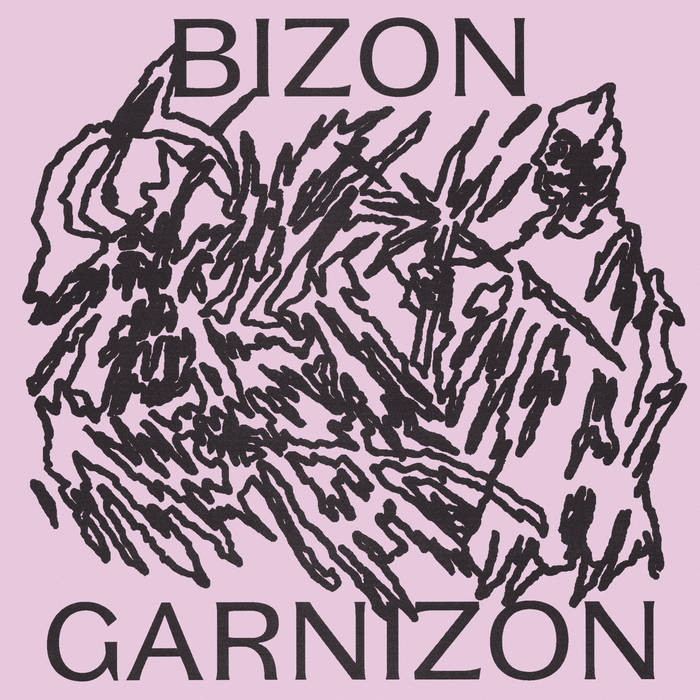There’s something fitting about the name Izvir (“Spring”, as in a water source) — for an album that sounds this stylish and refreshing. Released in 1978, this was the sole LP by the Ljubljana-based jazz-rock band, who split soon after its release due to conscription. But what a swan song it is: a bright burst of virtuosic energy that lingers like sun on water.
Ljubljana in the ‘70s was quietly fertile ground for jazz-rock and prog experimentation, with groups like September, Oko, and Predmestje pushing genre boundaries in smokey basements and student festivals. Izvir, captures that moment perfectly — a confident six-track LP that fuses jazz, funk and progressive rock in one of the tightest and most underrated Yugoslav releases of its kind. Fans of Santana’s Caravanserai will feel at home here, especially in the album’s more cosmic, groove-heavy passages.
In 2024, ZKP RTVS reissued the album in a lovingly remastered edition, a small miracle considering the original LP now goes for north of £200 on Discogs. And while the cover art suggests something occult and menacing, the music is anything but. Interestingly, Andrej Konjajev, the group’s keyboardist (also featuring on Oko’s Raskorak, another regional prog gem), revealed on Discogs that due to a studio accident, the album was sped up by around 3%. That means every streaming or vinyl playback you’ve heard is ever so slightly fast — a curious detail that doesn’t detract from the overall sound, but might explain the extra pep in its step.
Šel Je Popotnik Skozi Atomski Vek (“There Went A Traveller Through The Atomic Age”) is a 12-minute jazz-rock epic that manages to be spacey, funky, psychedelic and folky without ever losing its shape. Opening with ambient keys and whispered vocals, it slowly builds into a sharp funk-prog fusion, complete with wah-wah guitars, nimble drumming and a flutter of Hammond organ. It’s a sprawling track that somehow never feels self-indulgent. Around the halfway point, it takes a detour into balladic flute and folk-rock territory before circling back to a psychedelic-funk jam, which leans more towards Sly & the Family Stone or Funkadelic. On paper, this should be a mess — in reality, it’s masterfully executed. The rhythm section, in particular, is phenomenal, grounding the song’s wide ambitions in a tight groove.
When Oblak (“Cloud”) rolls in, it isn’t gloomy weather we’re greeted with. Oblak is sun-drenched and breezy, almost Latin in style. A warm, gently strummed guitar leads us in, before the organ picks things up into a mellow funk. The rhythm guitar locks in with the drums in a soft, syncopated swing that gives it real movement. There’s a bit of Tihomir Pop Asanović’s Majko Zemljo in the keys here, but Izvir’s sound is slightly more structured and precise. The tempo is slower, the mood more relaxed. If the opener was the sound of a cosmic traveller navigating the atomic age, this is him taking a well-earned cocktail break on the beach.
The title track kicks off side B with thick organ and driving bass, signalling a return to punchier terrain. It’s one of those tracks where trying to pigeonhole it — jazz-rock? prog-rock? funk rock? — feels futile. It’s simply good music. There’s a loose, strutting energy here, with the rhythm section once again doing a lot of heavy lifting. The guitar darts in and out of focus while the drums and organ keep things tight and energetic. It’s hard not to nod along.
Things shift slightly into hard rock territory with Šareni Pas (“Colourful Dogt”). The soulful, blues-tinged vocals wouldn’t feel out of place on a Smak or Pop Mašina record. The riffing is a bit dirtier, the groove more straightforward, but it still carries that jazz flair. While arguably the most mainstream track on the album, it’s a welcome change of pace and highlights the band’s versatility. The vocals are especially strong — emotive, raw and surprisingly funky.
Čovjekov Strah (“Fear of Man”) leads us back into jazz-rock/prog territory, and while it doesn’t quite soar like the earlier tracks, it still boasts some standout guitar work. There’s a touch of melancholy to the melody, and the arrangement leans more on atmosphere than groove. If there’s a lull on the album, it’s here — but even a lesser Izvir track is still leagues above the average.
Vibrolux is an instrumental closer, and a slick one at that. Funky, and infectiously groovy — this is the band letting loose and having fun. Think The Meters with a Yugoslav twist. The rhythm section is in top form again, with the drummer going wild in a one-minute solo that acts as the album’s final exclamation mark. The hi-hats sizzle, the bass grinds, and the keys hold everything together with a steady pulse. It’s a strut-your-stuff, walk-down-the-street-with-confidence kind of track. Stylish to the last second.
Izvir is one of those hidden treasures that rewards repeat listens. Tightly played, effortlessly cool, and bursting with ideas, it’s a singular snapshot of the Slovenian jazz-rock moment — a spring that, despite running only once, left its mark on the landscape. A rare record that lives up to the price tag.


